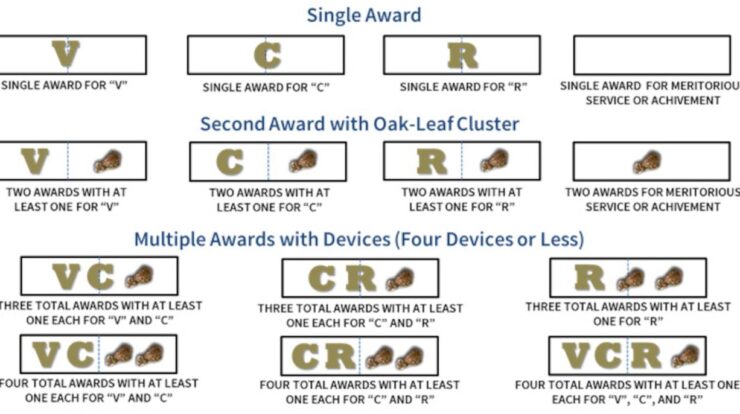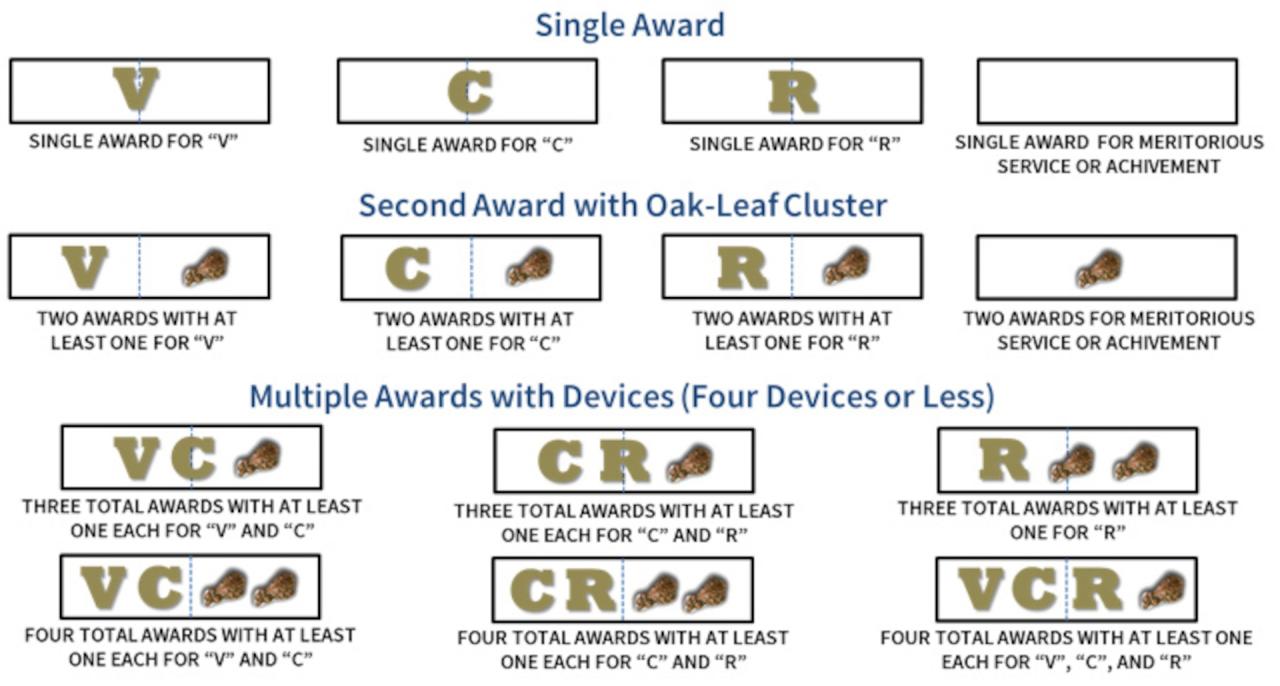
Embarking on the exploration of OLC meaning, this article delves into the intricacies of online learning, deciphering its components, models, and the myriad of advantages it offers. From its inception to its evolving trends, OLC has revolutionized the educational landscape, empowering learners with unparalleled access to knowledge and opportunities.
OLC, an acronym for Online Learning, encompasses a wide spectrum of educational approaches that leverage technology to facilitate remote learning. Its components include course content, learning management systems, interactive tools, and assessment mechanisms, all working in harmony to create a dynamic and engaging learning environment.
OLC Definition and Acronyms
Online Learning Consortium (OLC) is a global community of educators, researchers, and practitioners dedicated to advancing the quality of online learning. OLC provides a forum for sharing best practices, research findings, and innovative ideas in the field of online learning.
Common Acronyms Associated with OLC
- OLC:Online Learning Consortium
- OER:Open Educational Resources
- LMS:Learning Management System
- MOOC:Massive Open Online Course
- Blended Learning:A combination of online and face-to-face instruction
OLC Components and Elements
OLC consists of several key components and elements that work together to provide a comprehensive and effective online learning experience.
Key Components of OLC
- Content:The educational materials and resources provided to learners
- Instruction:The methods and techniques used to deliver content and facilitate learning
- Assessment:The processes used to measure learner progress and achievement
- Support:The services and resources provided to learners to assist them in their studies
- Technology:The tools and platforms used to deliver and support online learning
OLC Models and Approaches
There are several different models and approaches used in OLC, each with its own strengths and weaknesses.
Common OLC Models
- Synchronous Learning:Real-time interaction between instructors and learners
- Asynchronous Learning:Learners access content and complete assignments at their own pace
- Blended Learning:A combination of synchronous and asynchronous learning
OLC Benefits and Advantages
OLC offers numerous benefits and advantages over traditional face-to-face instruction.
Advantages of OLC
- Flexibility:Learners can access content and complete assignments at their own pace
- Accessibility:OLC makes education accessible to learners who may not be able to attend traditional classes
- Affordability:OLC can be more affordable than traditional face-to-face instruction
- Scalability:OLC can be scaled to accommodate a large number of learners
- Personalization:OLC can be personalized to meet the individual needs of learners
OLC Challenges and Limitations
While OLC offers many benefits, it also has some challenges and limitations.
Challenges of OLC
- Lack of face-to-face interaction:OLC can lack the personal interaction and engagement of traditional face-to-face instruction
- Technical issues:OLC can be susceptible to technical issues that can disrupt learning
- Self-motivation:Learners need to be self-motivated to succeed in OLC
- Assessment challenges:Assessing learner progress and achievement can be challenging in OLC
OLC Trends and Future Directions

OLC is a rapidly evolving field, with new trends and technologies emerging all the time.
Emerging Trends in OLC, Olc meaning
- Artificial Intelligence (AI):AI is being used to personalize learning, provide feedback, and automate administrative tasks
- Virtual Reality (VR):VR is being used to create immersive learning experiences
- Adaptive Learning:Adaptive learning platforms adjust content and instruction to meet the individual needs of learners
- Microcredentials:Microcredentials are small, stackable credentials that can be earned through OLC
Outcome Summary
As OLC continues to evolve, its impact on the future of learning is undeniable. Emerging trends, such as artificial intelligence and virtual reality, promise to enhance the learning experience, personalizing it to meet the unique needs of each learner. The future of OLC holds boundless possibilities, offering a transformative approach to education that transcends geographical boundaries and empowers learners to thrive in a rapidly changing world.
FAQ Explained: Olc Meaning
What are the key benefits of OLC?
OLC offers numerous benefits, including increased flexibility, accessibility, cost-effectiveness, and personalized learning experiences.
What are the challenges associated with OLC?
OLC may pose challenges such as lack of face-to-face interaction, technical difficulties, and self-discipline requirements.
How can I ensure the quality of OLC?
To ensure quality, consider factors such as accreditation, faculty expertise, course design, and student support services.





